Jubilee Leaders Reject Gachagua’s Push for Matiang’i to Lead Gusii-Based Party
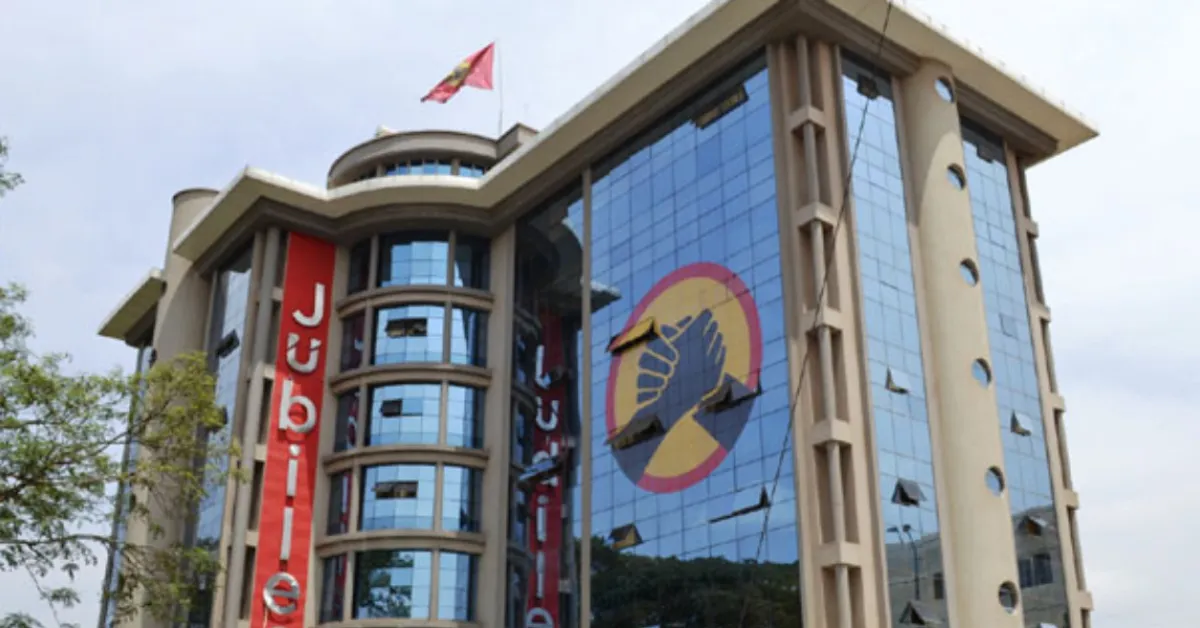
Deputy President Rigathi Gachagua’s recent call for former Interior Cabinet Secretary Dr. Fred Matiang’i to establish a political party rooted in the Gusii region has ignited a significant controversy within Kenya’s opposition ranks, setting the stage for potential realignments ahead of the 2027 general elections.
Gachagua’s proposition, made during a radio address on Egesa FM, has been interpreted as an attempt to strategically influence the political landscape by fragmenting opposition unity and consolidating regional power bases. Gachagua’s endorsement of a Gusii-based party for Matiang’i is predicated on the belief that a strong regional base will enhance the former Interior CS’s bargaining power within any opposition coalition. He cited his own political experiences as a cautionary tale, emphasizing the importance of regional unity and a consolidated power structure.
“For him and the Gusii community to be respected, they need their own political vehicle—deeply rooted in Gusii,” Gachagua stated, drawing a parallel to his own perceived vulnerability when he lacked the support of a cohesive regional bloc.
He argued that Matiang’i’s political influence would be directly proportional to his ability to unite political leaders from Kisii and Nyamira counties under a single banner. “If Dr. Matiang’i is your leader, then governors, senators, MPs, women representatives, and MCAs must be his people. That is how you gain leverage in negotiations,” he asserted.
Gachagua’s remarks have drawn sharp criticism from within the Jubilee Party, where Matiang’i has been viewed as a potential presidential candidate for the next election cycle. Jubilee Secretary-General Jeremiah Kioni has condemned Gachagua’s suggestion as a divisive tactic aimed at weakening opposition unity. Kioni argued that Matiang’i already enjoys national support and should not be confined to a regional political framework.
“What Gachagua said is part of his shareholder mentality, where you evaluate a candidate solely based on the voting strength of his or her community,” Kioni stated. “He wants to remind Matiang’i that he comes from a small community. I completely disagree with this perspective because it reduces him to local politics. We want him to be a national leader, and that is why we are proposing that he run on Jubilee, which has a national outlook.”
The debate over Matiang’i’s political future underscores the complex interplay between regional and national politics in Kenya. Some analysts suggest that Gachagua’s strategy is consistent with a historical trend in Kenyan politics, where leaders first solidify regional support before seeking national prominence. Others express concern that this approach could exacerbate ethnic divisions and undermine cohesive opposition efforts.
Beyond the immediate implications for Matiang’i, Gachagua’s move is widely seen as an attempt to bolster his own political position in the Mt Kenya region. By encouraging Matiang’i to form a regional party, Gachagua could potentially weaken the Jubilee Party and consolidate support for his own, as-yet-unveiled, political vehicle. Observers also speculate that Gachagua’s strategy is aimed at weakening Raila Odinga’s Orange Democratic Movement (ODM) in the Nyanza region.
A Gusii-based party, it is believed, could siphon votes away from ODM, potentially shifting political dynamics within the region. Kisii Senator Richard Onyonka, a close ally of Matiang’i, confirmed that discussions are ongoing regarding the best way forward. “The truth is that we have a team examining our options. There are voices advocating for a national party with name recognition and an established structure, but others believe a regional vehicle might serve us better,” Onyonka stated.
The debate has exposed tensions within opposition ranks, with some leaders favouring regional consolidation and others advocating for national parties as the key to building a cohesive political front. Even within Gachagua’s own political sphere, there is dissent regarding the focus on regional dominance. Ngunjiri Wambugu, a close ally of Gachagua, has publicly opposed efforts that could lead to a single-party dominance in Mt Kenya.
“I cannot support a one-party dictatorship because even if it helps me, it cannot be fair to all,” Wambugu stated. “As a God-fearing person, I stand for justice and fairness. I cannot lose my character and principles for the sake of convenience.”
Representatives from various opposition factions, including Wiper Party leader Kalonzo Musyoka, Democratic Action Party-Kenya boss Eugene Wamalwa, and People’s Liberation Party leader Martha Karua, have also expressed concerns about the potential for regional fragmentation. While none of these leaders have publicly commented on Gachagua’s specific proposal, insiders indicate that discussions about regional party affiliations are ongoing within the broader opposition alliance.
As Kenya approaches the 2027 elections, the political landscape remains fluid and unpredictable. Gachagua’s push for Matiang’i to establish a regional party highlights the complexities of Kenyan opposition dynamics, where leaders must balance ethnic considerations, coalition-building, and national appeal.
The ultimate decision by Matiang’i, whether to heed Gachagua’s advice or run under the Jubilee banner, will have significant implications for the future of opposition politics in Kenya.

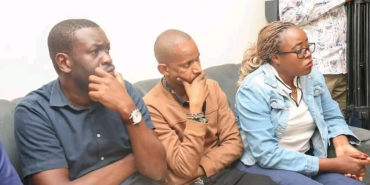

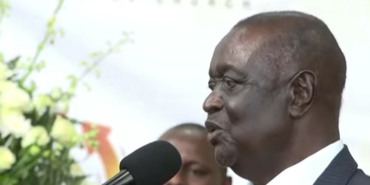

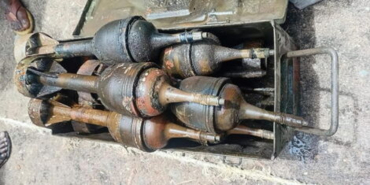
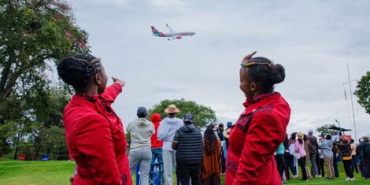
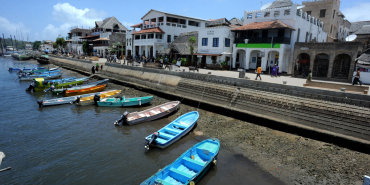
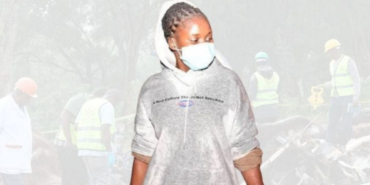





Add new comment